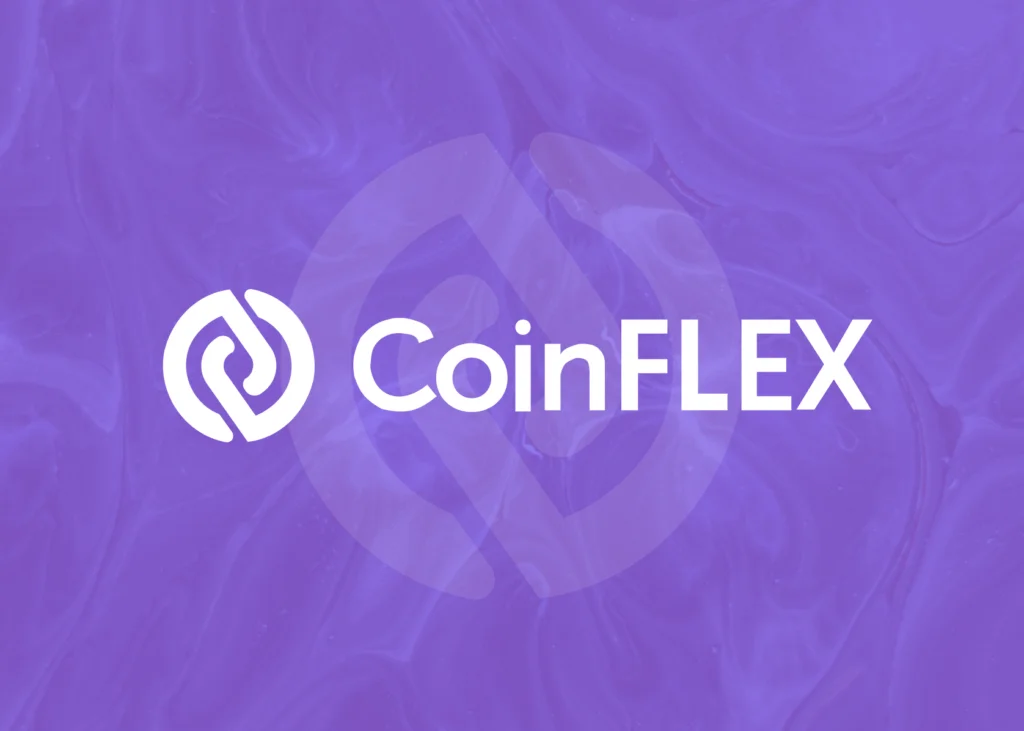CoinFLEX plans to dispose of bad debt through a new token offering in order to address its liquidity shortfall and resume user withdrawals.

The new coin, Recovery Value USD (rvUSD), will have a $1 value per unit. It is intended to assist CoinFLEX in recouping $47 million in losses sustained by a failed attempt to liquidate an account after it fell into negative equity. The corporation announced that it will be given from June 28 through July 1, and it hopes to begin withdrawals by June 30.
CoinFLEX CEO Mark Lamb maintained in a June 27 release that the person whose account turned negative “is a high-integrity person with large means” despite the fact that the name of the person is still unknown. What is known is that on June 23, Lamb wrote a blog entry in which she attributed the person’s withdrawal suspension to bad debt.
In most cases, the cryptocurrency lender closes accounts before they have no equity. Lamb clarified that, in this case, CoinFLEX opened a special “non-liquidation recourse account” in which it pledged not to liquidate the account and the borrower agreed to maintain it with a significant amount of equity.
As expected, the account went negative, purportedly leading to a financial crisis for the company. According to Lamb, this account on CoinFLEX is the only one with a negative equity balance.
“Sophisticated Investors” who are non-US residents will receive rvUSD at a minimum subscription of $100,000 per investment. Investments have an annual percentage rate of 20% paid in RV USD.
A sophisticated investor is one who has completed the Know Your Customer (KYC) process on CoinFLEX, earns at least $200,000 annually, and has a total net worth of at least $1 million.
Lamb vowed to stop issuing that kind of account moving forward to stop it from happening again. By releasing the notional USD value of each account’s futures contracts through an outside auditing company, his company will also increase transparency.
Lamb discussed his company’s tardy need for greater transparency in an interview with host Emily Chang on Bloomberg Technology on June 27. He believes that his company ought to model the transparency that the leading decentralized finance (DeFi) companies have come to represent. He uttered ###
“It has a damage to privacy, but we think that traders are going to find that worthwhile for the additional comfort that they get from knowing the risk and the leverage implicit in the system.”
CoinFLEX is the most recent in a long line of controlled financial institutions and cryptocurrency investment companies that have come under fire from the general public for possible insolvency. Three Arrows Capital, run by Su Zhu and Kyle Davies, the Celsius cryptocurrency lending platform, run by Alex Mashinsky, and the crypto lender BlockFi, run by Zac Prince, stand out among this troubled bunch.
According to CoinGecko, FLEX Coin (FLEX), the native token of CoinFLEX, has suffered over the past four days, falling 77 percent to $0.99 at the time of writing.
